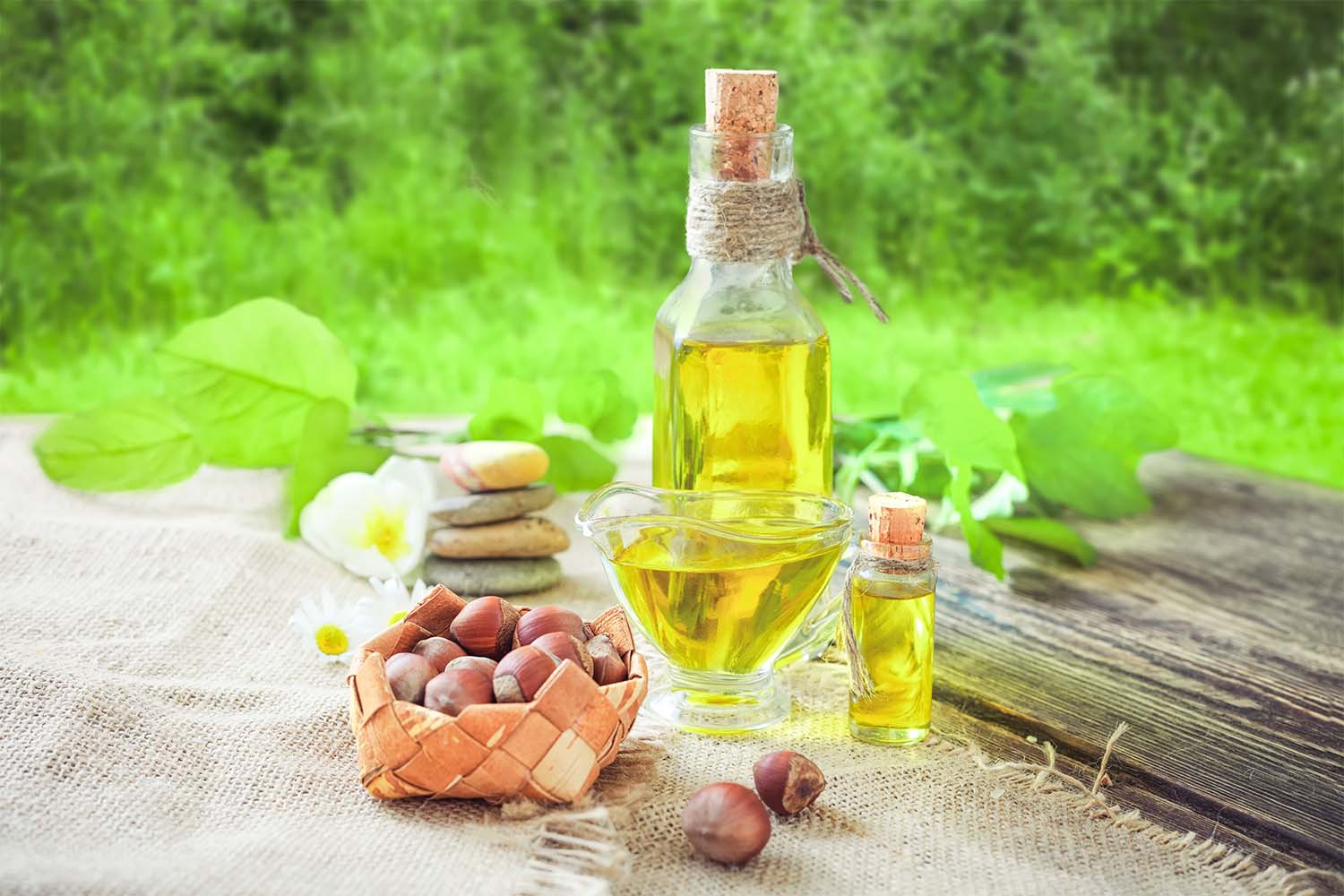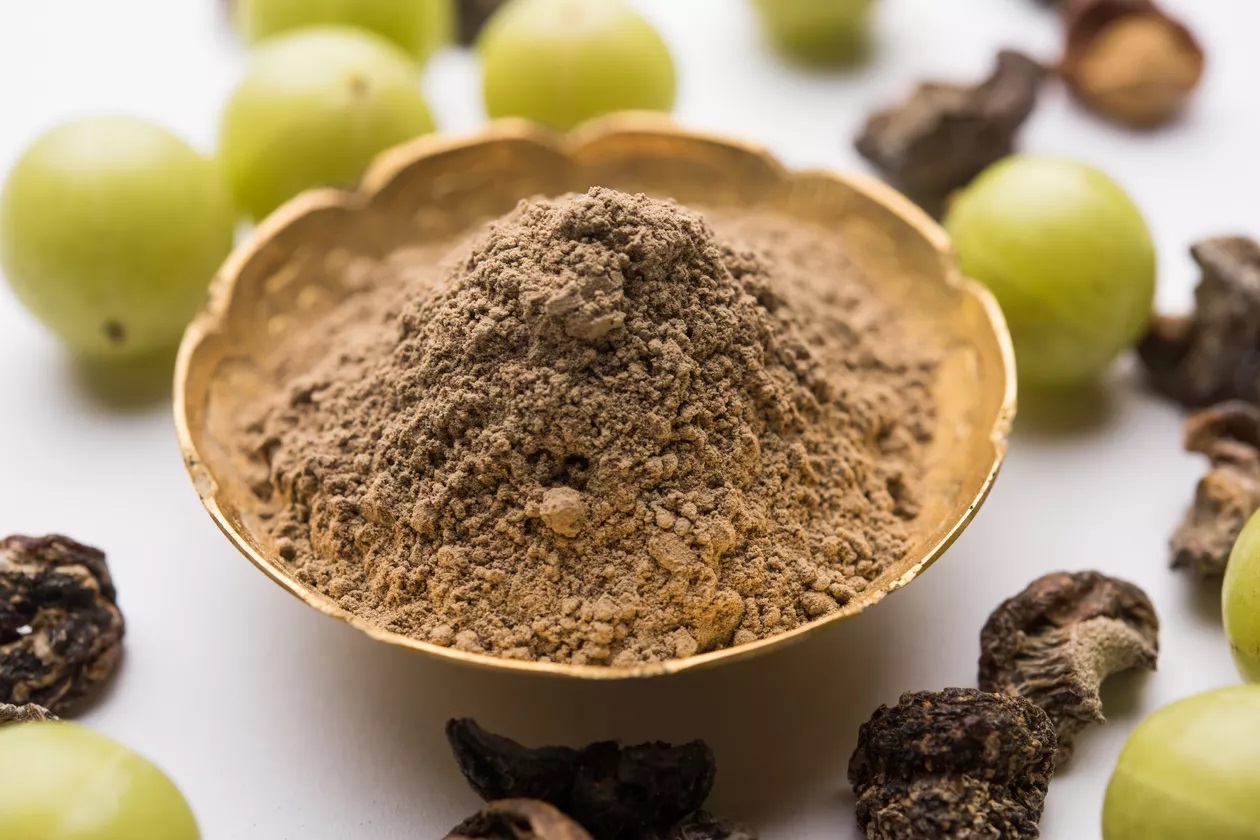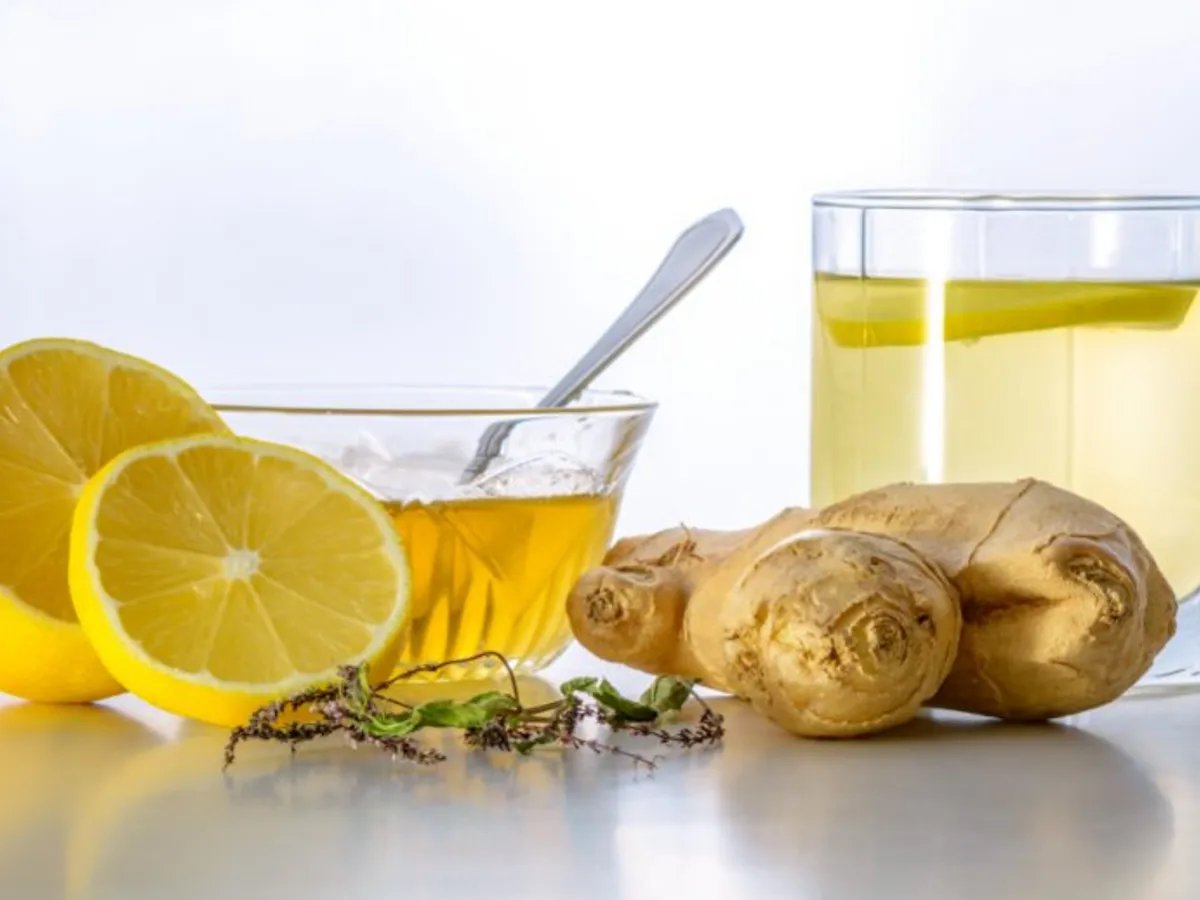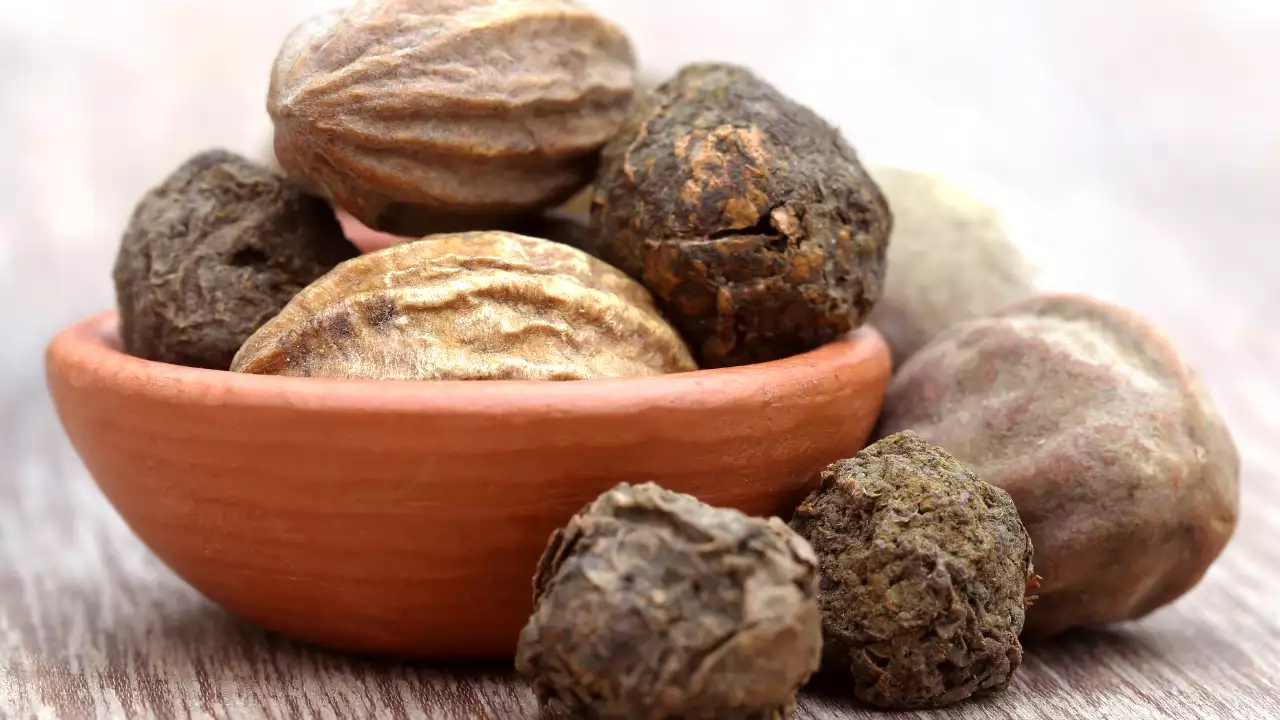Unlocking the Power of Curry Leaves, Amla, and Fenugreek in Coconut Oil
When it comes to enhancing the flavor and nutritional value of your dishes, infusing coconut oil with curry leaves, amla, and fenugreek can be a game-changer. Not only does this infusion add a delightful aroma and taste to your cooking, but it also brings a host of health benefits to the table.
Why Infuse Coconut Oil?
Coconut oil is a popular choice for infusions due to its high smoke point and the numerous health benefits it offers. Infusing coconut oil with curry leaves, amla, and fenugreek not only imparts their unique flavors but also allows the oil to take on the beneficial properties of these ingredients.
Curry Leaves: A Flavorful Addition
Curry leaves are a staple in Indian cooking, known for their distinct aroma and flavor. They are rich in antioxidants and have been traditionally used for their medicinal properties. When infused in coconut oil, curry leaves impart a fragrant and savory essence, elevating the oil’s taste profile.
The Power of Amla
Amla, also known as Indian gooseberry, is a powerhouse of nutrients. It is packed with vitamin C and antioxidants, making it a valuable addition to the infusion. Amla adds a tangy and slightly bitter note to the coconut oil, balancing the flavors and providing a nutritional boost.
Fenugreek: A Nutrient-Rich Spice
Fenugreek is a versatile spice known for its distinct flavor and numerous health benefits. It contains fiber, iron, and other essential nutrients. When infused in coconut oil, fenugreek imparts a slightly nutty and aromatic taste, enhancing the overall profile of the oil.
How to Infuse Curry Leaves, Amla, and Fenugreek in Coconut Oil
Now that we understand the benefits of infusing coconut oil with these powerful ingredients, let’s explore the simple steps to create this flavorful and nutritious infusion:
- Start by washing the curry leaves and allowing them to dry completely.
- Next, chop the amla into small pieces, ensuring that any seeds are removed.
- Measure out the fenugreek seeds, ready to be added to the infusion.
- In a pan, gently heat the coconut oil over low heat.
- Once the oil is warm, add the curry leaves, amla pieces, and fenugreek seeds to the pan.
- Allow the ingredients to infuse in the oil over low heat for 10-15 minutes, stirring occasionally.
- Once the infusion is complete, remove the pan from the heat and let the oil cool to room temperature.
- Strain the infused oil to remove the curry leaves, amla, and fenugreek seeds, leaving behind a flavorful and aromatic coconut oil infusion.
Enjoying the Benefits
Now that you have your infused coconut oil, it can be used in a variety of culinary applications. Whether you use it for sautéing, as a flavorful base for curries, or as a finishing oil for roasted vegetables, the infusion of curry leaves, amla, and fenugreek will bring a delightful depth of flavor to your dishes.
Additionally, the health benefits of these infused ingredients will be present in your cooking, adding an extra nutritional boost to your meals.
In Conclusion
Infusing coconut oil with curry leaves, amla, and fenugreek is a simple yet powerful way to elevate your culinary creations. Not only does it bring an array of flavors to the table, but it also provides a host of health benefits. Experiment with this infusion in your cooking and savor the delightful results!
So, why not try infusing your own coconut oil with curry leaves, amla, and fenugreek and experience the magic it brings to your kitchen?
Was this page helpful?
Read Next: How To Infuse Liquor Into Tapioca Pearls











